Politics & Security
Do We Understand War? Japanese Experts Discuss the Realities of Confronting North Korea
Published
6 years agoon
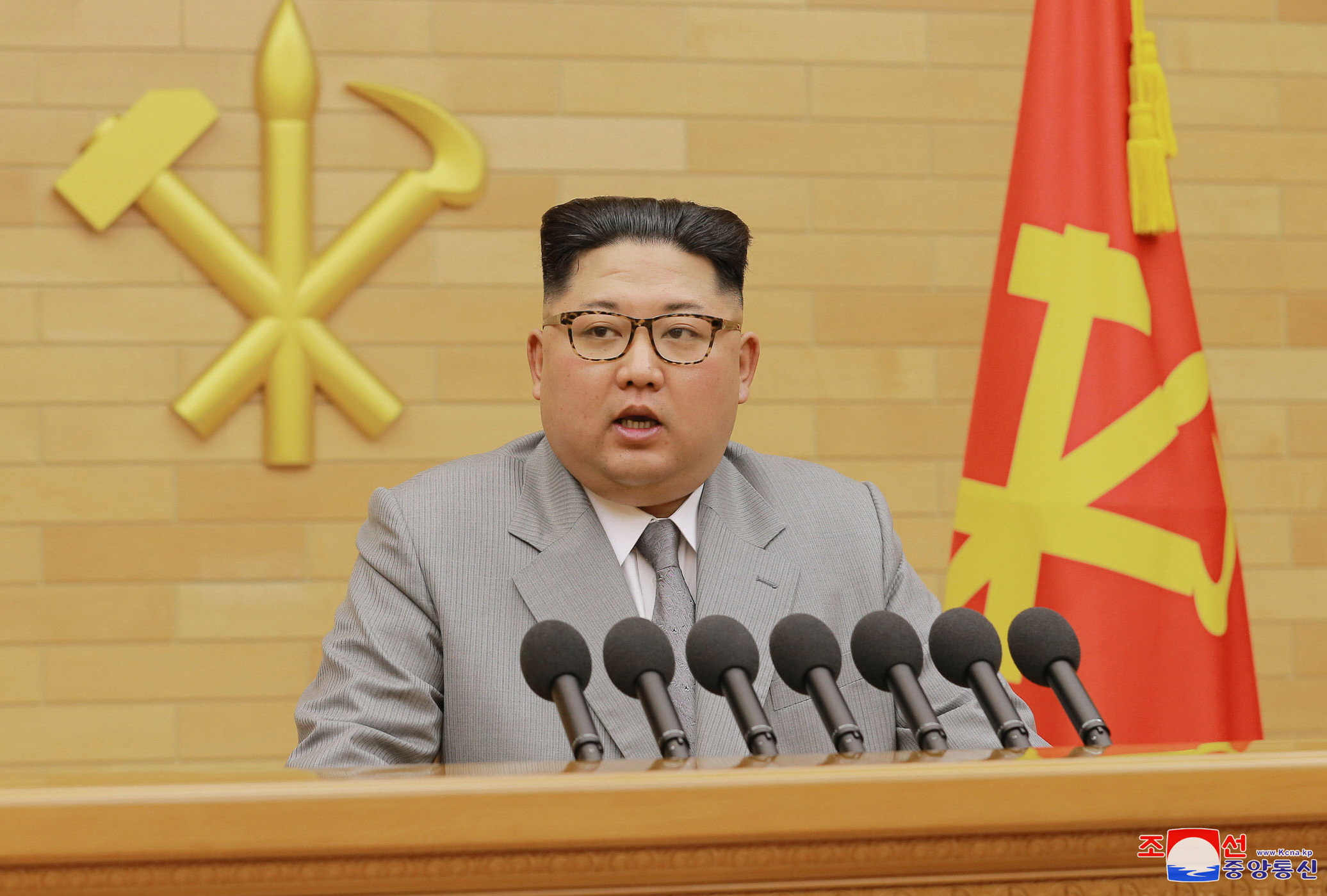
(First of three parts)
Pundits worldwide have made a cottage industry out of speculating on the situation in North Korea. These factors combine to make guessing Pyongyang’s next move a virtually endless exercise: the occluded nature of the Democratic People’s Republic of Korea (DPRK), its track record of brutality and unpredictability, and the host of relatively unknowable variables surrounding its presence on the world stage—for example, the true intentions of its neighbors China and South Korea, as well as the limits of American patience under a tough-talking new president.
One common thread running through most North Korea-themed talk, however, is general unfamiliarity with warfare. Policy analysts, politicians, and journalists tend to have little to no experience in combat or even military service. This lack of real-world knowledge of how armies, navies, and air forces operate leads to difficulties in connecting obvious problems, such as North Korea’s missile launches, nuclear tests, and political concentration camps, with available solutions, almost all of which eventually involve some kind of armed intervention.
In other words, while it is comparatively easy to diagnose North Korea’s many ills, it is much, much harder to prescribe workable cures.
Amid this widespread confusion over military options against the North, two top-ranking members of the Japan Self-Defense Forces sat down with the Sankei Shimbun and JAPAN Forward to discuss what Japan, the United States, and South Korea could realistically do should war break out on the Korean Peninsula.

Days before South and North Korea started their first official talks in two years on January 9th, we got insights from Yoji Koda, a retired vice admiral with the Japanese Maritime Self-Defense Force and a fellow at the Fairbank Center for Chinese Studies at Harvard, and Kunio Orita, the former head of the Air Self-Defense Force’s Air Support Command and a lecturer at Toyo Gakuen University.

South and North Korea started their first official talks in two years on January 9th
Overall a US-North Korea Issue
While the North Korea problem involves not only the DPRK’s neighboring countries, but also the whole of international society, the only nation capable of squaring off against North Korea militarily at the moment is the United States, Koda pointed out.
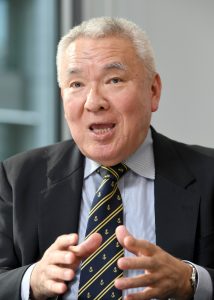
Yoji Koda, a retired vice admiral with the Japanese Maritime Self-Defense Force
Koda and Orita agreed that the North will likely soon have nuclear-capable ICBMs, with Orita further emphasizing that Kim Jong-un seems to have fully taken over his father Kim Jong-il’s nuclear- and missile-development programs. However, Orita remarked, the stark realities of the DPRK’s weapons programs present few clear counter-strategies. The Japanese response to the North’s provocations tends to run between the two poles of pressure and dialogue, but Orita sees American military prowess lurking behind both of these schools of thought.
The North Korea issue remains largely a US-North Korea issue for another reason, however. As panelist and former Sankei Shimbun Seoul bureau chief Tatsuya Kato pointed out, the current Moon Jae-in administration in Seoul is very much a doctrinal heir to the Kim Dae-jung and Roh Moo-hyon administrations, which were also very friendly towards Pyongyang. President Moon sees the return of military sovereignty to South Korean leaders as a key to effecting a peaceful reunification with the North.
Changing Enmities, Changing Alliances
In such a scenario, the US would find itself in an awkward estrangement from its own ally over an issue central to their alliance: namely, the ability of the US to lead South Korean forces in defense of the southern half of the Korean peninsula in the event of war with the North.
At the same time, the confrontation between the United States and North Korea is changing. As Koda pointed out, while the current situation is like a grizzly bear, the US, being confronted by a tiny puppy, North Korea, the moment the North is in possession of nuclear-tipped ICBMs is the moment that the puppy has learned how to strike a deadly blow to the grizzly bear’s heart.
For this reason, the US, while having made no pronouncements about any red lines, is waiting to see if the North will continue with its ICBM and nuclear development programs. If the DPRK does not abandon these programs, and the United States decides that it never will, then Koda believes that will be the day the US shifts into planning for an actual military strike against the DPRK.
Preemptive Strike vs. Preventive War
Orita next pointed out that US Defense Secretary James Mattis has been very careful to use only the term “preemptive strike” when discussing the possibility of American military involvement against North Korea.

Kunio Orita, the former head of the Air Self-Defense Force’s Air Support Command
The media tends to conflate the terms “preventive war” and “preemptive strike,” Orita said, but the two things actually differ in several different ways.
Preventive wars are violations of international law, Orita reminded the panel, and therefore the United States would never carry out such a policy against North Korea.
However, there are clear conditions that must be met in order to justify a preemptive strike, including the presence of an unmistakable threat to an American ally and/or the American homeland. Orita sees Kim Jong-un as very skillfully avoiding any actions or statements which would give the Americans an excuse for launching a preemptive strike against the DPRK.
For example, in August of 2017 North Korea threatened to hit Guam with missiles, and then in September North Korean Foreign Minister Ri Yong Ho said at the United Nations in New York that the DPRK would test a hydrogen bomb over the Pacific Ocean. However, such a test would be a flagrant violation of international law, and so the North, according to Orita, would never actually carry out such a test, as it would provide a casus belli to the US for launching a preemptive strike.
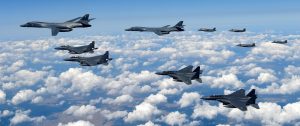
Munitions from a U.S. Air Force, U.S. Marine Corps and Republic of Korea Air Force bilateral mission explode at the Pilsung Range, South Korea, Sept 18, 2017. (U.S. Army photo by /Released)
Orita and Koda differed as to what the distinction between a preventive war and preemptive strike would boil down to. For Orita, there must be evidence that the North is in possession of nuclear weapons capable of striking American territory in order for the US to be justified in carrying out a preemptive strike. Any military action based solely upon the exchange of spoken or written threats, Orita said, would be construed as a preventive war and, therefore, in violation of international law.
But Koda added that, according to customary law, the United States had the right to decide when the provocation with which it was faced had become actionable. For example, would the time to carry out a strike come when the North had begun to fuel its missiles? When it had taken its missiles out of their silos? When the missiles had been aimed at the US and the countdown had begun?
For Koda, the calculation would also include American readiness to fight. When the US had decided that the North Korean threat had gone far enough, it would not wait until the moment before Pyongyang launched missiles—it would wait until American forces were prepared for the fight, as Washington conceived of it, and would strike then. The underlying assessment would be the American national interest, to which an appropriate condition would be added as a justification for the attack.
(To be continued)

Jason Morgan is an assistant professor at Reitaku University in Chiba, Japan. He holds a PhD in Japanese legal history from the University of Wisconsin, and an MA in Asian Studies (China focus) from the University of Hawai’i. He has translated works by Mizoguchi Yuzo, Tanizaki Jun’ichiro, and Muro Saisei. In 2014-2015, Morgan was a Fulbright scholar researching Japanese law at Waseda University in Tokyo. His book, Why do Americans Look Down on Japan?, was published with Wani Books in 2016.
You may like
-


New Podcast Series: Abducted – Four Stories, Four Lives
-


Is It Time to Buy Bitcoin as the Yen Weakens?
-


North Korean Abductions: Victims' Families Urgent Appeal in Meeting with UN Ambassador Linda Thomas-Greenfield
-


EDITORIAL | With Attack on Israel, Iran Pushes for Wider Mideast War
-


EDITORIAL | Caution In South Korea as Smear Tactics Prevail in Election
-


INTERVIEW | Kim Yung-ho is Seoul's Forward-Thinking Unification Minister


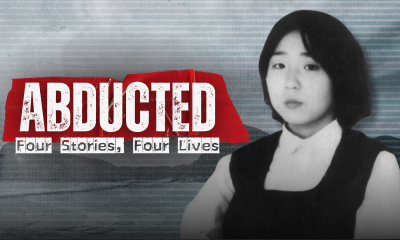



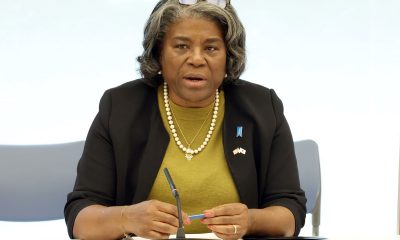

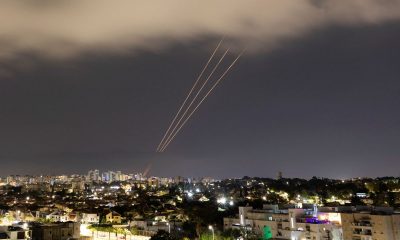

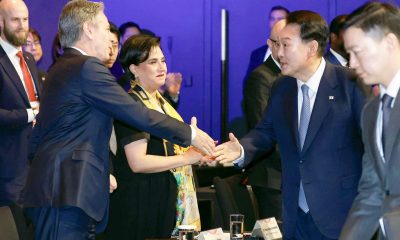

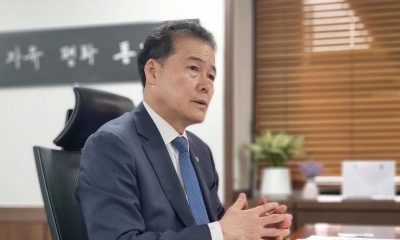


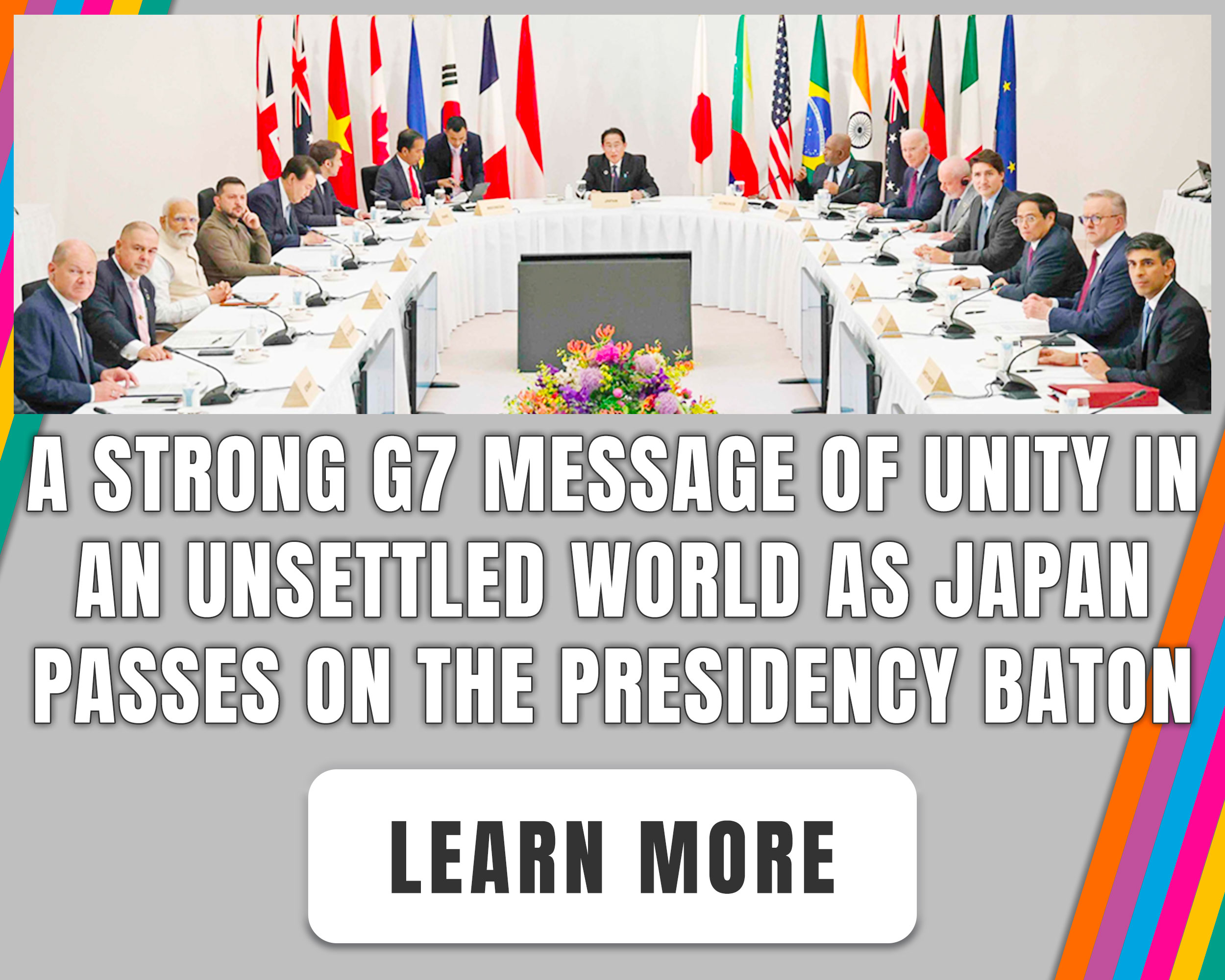
You must be logged in to post a comment Login